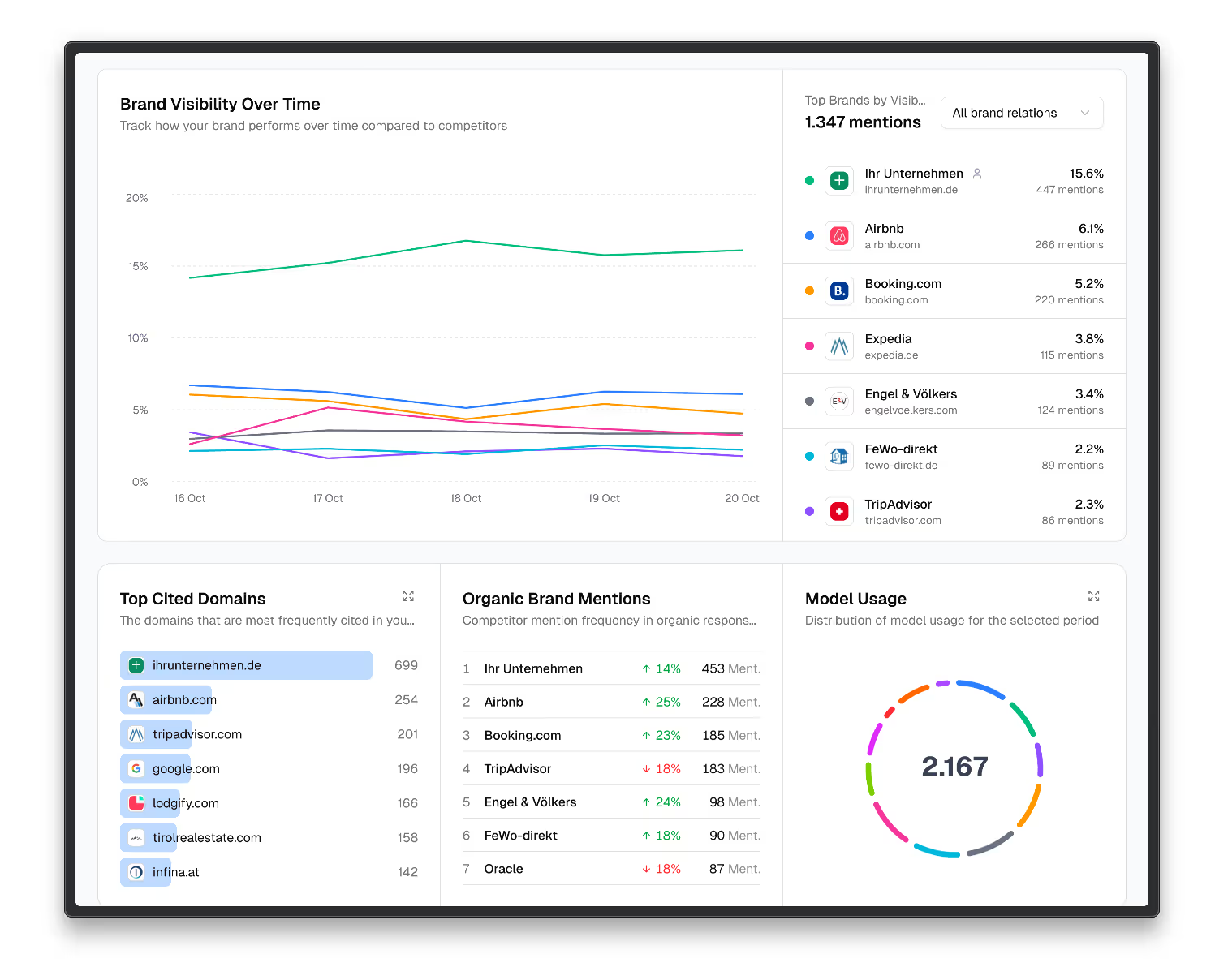Was versteht man unter Browser-Kompatibilität?
Browser-Kompatibilität beschreibt die Eigenschaft einer Website oder Webanwendung, auf verschiedenen Browsern wie Google Chrome, Mozilla Firefox, Microsoft Edge oder Apple Safari einheitlich und fehlerfrei dargestellt und ausgeführt zu werden. Da Nutzer unterschiedliche Geräte und Browser verwenden, ist es entscheidend, Webseiten entsprechend zu optimieren.
Wichtige Aspekte der Browser-Kompatibilität:
- Darstellung und Layout:Das Design und Layout sollten in allen gängigen Browsern konsistent dargestellt werden. Texte, Bilder und Elemente müssen korrekt positioniert und visuell einheitlich bleiben.
- Funktionalität:Alle interaktiven Elemente, einschließlich Formulare, Buttons, Menüs und Animationen, sollten auf allen Browsern einwandfrei funktionieren.
- Performance:Die Ladezeiten und die generelle Leistung einer Website sollten browserübergreifend optimiert sein, um ein gutes Nutzererlebnis zu gewährleisten.
- Sicherheit:Sicherheitsfunktionen und -standards sollten in jedem Browser effektiv greifen, um Nutzer vor potenziellen Risiken und Bedrohungen zu schützen.
- Responsives Design:Eine Webseite sollte auf verschiedenen Geräten (Desktop, Tablet, Smartphone) gut nutzbar und lesbar sein, unabhängig von Bildschirmgröße und Browser.
Wie erreicht man hohe Browser-Kompatibilität?
Um optimale Browser-Kompatibilität sicherzustellen, sollten Entwickler bewährte Webstandards (wie W3C-Richtlinien) einhalten und umfassende Tests in verschiedenen Browsern durchführen. Zusätzlich helfen moderne CSS-Präprozessoren und JavaScript-Frameworks dabei, Unterschiede zwischen Browsern zu minimieren.
Fazit
Browser-Kompatibilität ist entscheidend für ein optimales Nutzungserlebnis auf jeder Website. Durch standardkonforme Entwicklung und umfassende Tests wird sichergestellen, dass Ihre Webseite für jeden Besucher bestmöglich dargestellt wird und reibungslos funktioniert.
